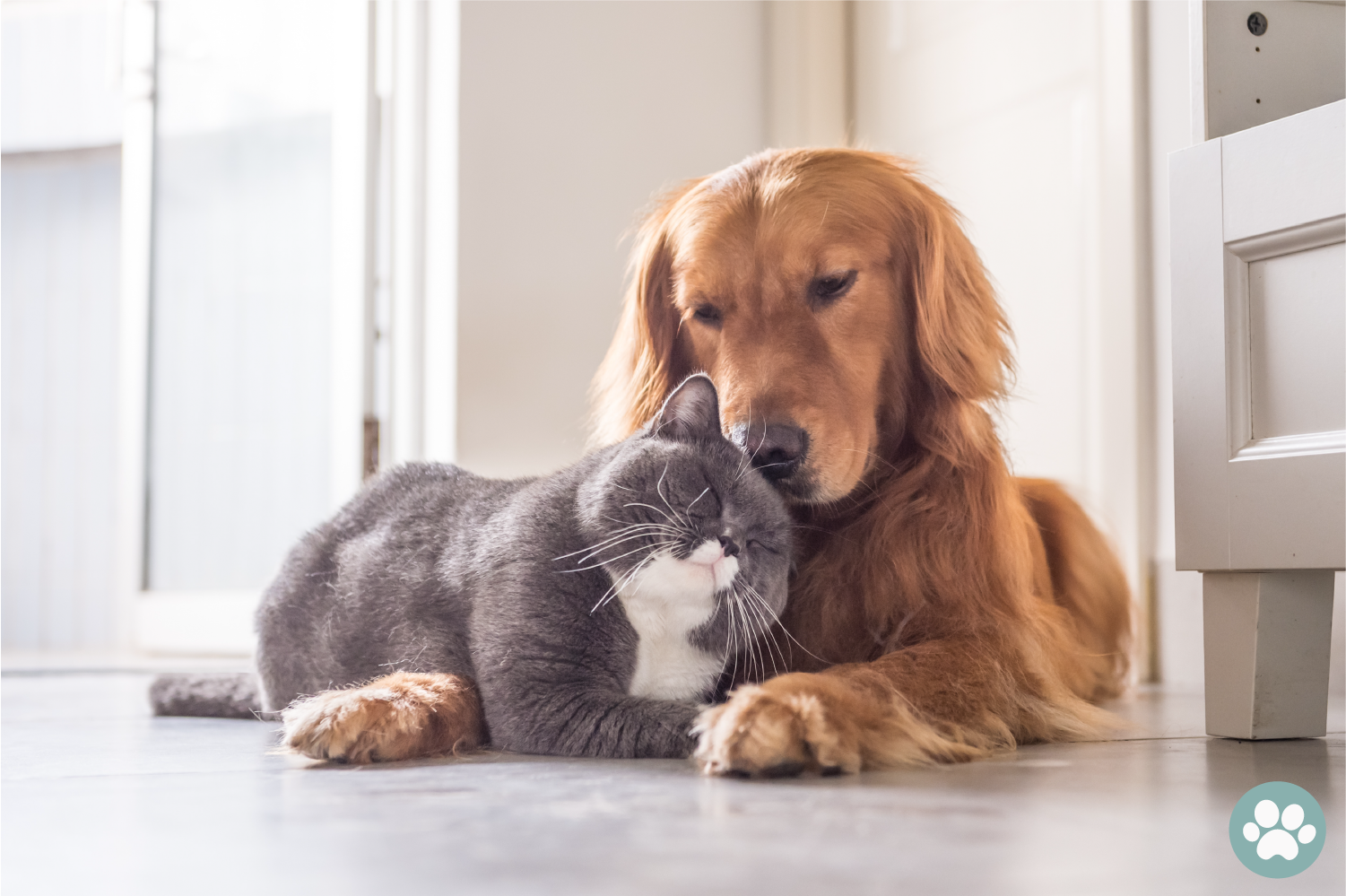What Is Pancreatitis In Dogs & Cats And What Are Our Treatment Options As Pet Parents?
Pancreatitis is a common pancreatic condition that can occur in both dogs and cats in Singapore.
Pancreatitis in dogs occurs when the pancreas (a small organ that sits behind the small intestine and the stomach) is inflamed and swollen. Its purpose is to help dogs digest food and regulate their blood sugar.
For cats, the pancreas is a vital organ that lies on the right side of the abdomen adjacent to the stomach. It produces enzymes to assist in food digestion and hormones such as insulin, which regulates blood sugar or glucose metabolism. When the pancreas becomes inflamed, the condition is called pancreatitis.
What is Pancreatitis in Dogs and Cats?
Pancreatitis happens when the pancreas is inflamed. The pancreas is a vital organ located near the stomach and liver, and is important for digestion and production of insulin.
There are generally two types of Pancreatitis.
Acute Pancreatitis - The sudden onset of inflammation in the pancreas. Clinical symptoms may include mild to life-threatening complications requiring hospitalisation.
Chronic Pancreatitis - A longstanding inflammation in the pancreas that may result in permanent damage, leading to digestive problems or diabetes mellitus. Clinical symptoms may be mild and difficult to detect by pet owners.
What causes Pancreatitis in Dogs and Cats?
Some common causes of pancreatitis in dogs and cats include genetics, diet, trauma, medications, infections, and disease.
Genetics - Some dog breeds and cat breeds are more likely to develop pancreatitis than others; such as the Miniature Schnauzer, Australian Terrier, West Highland Terrier, and Siberian Husky. Siamese cats are also more likely to develop pancreatitis than other cat breeds.
Diet - Diet anomalies such as trash, table scraps, or high-fat foods can cause pancreatitis.
Trauma - Sudden impact, such as a car accident, can cause onset of pancreatitis.
What are some Common signs of Pancreatitis in Dogs and Cats?
For dogs - A hunched back, repeated vomiting, bloated tummy, diarrhea, loss of appetite, and lethargy are some common signs.
For cats - Lethargy, poor appetite, vomiting, and diarrhoea are some common signs of pancreatitis in cats. However, it may be hard to diagnose without a vet’s examination.
Clinical tests can be performed to diagnose pancreatitis in dogs and cats.
Can Pancreatitis be treated? Can Dogs and Cats survive Pancreatitis?
Most dogs recover from pancreatitis without any long-term effects. Treatment may vary from fasting to feeding a low-fat, and highly digestible diet. Depending on the severity of the pancreatitis, hospitalisation and intravenous fluids may also need to be given to your dogs.
Pancreatitis treatment in cats is somewhat similar, with hydration and fluid support as a critical part of treatment. The treatment of nausea, pain, and nutritional support are also key areas of focus to nursing your cats back to health. Anti-nausea medicine, pain management, and good nutrition support may be recommended by vets for your felines.
Dog & Cat Treats that are low-fat and high in protein.
A highly digestible and low-fat diet is highly recommended for furry friends recovering from pancreatitis. Low-fat foods can also promote pancreatitis healing, and prevent longer-term flare ups.
Explore our range of low-fat and sustainably sourced treats for your dogs and cats today.
Want to learn more about the best ways to treat your pet?
Subscribe to our mailing list below!
xo
Nellie





